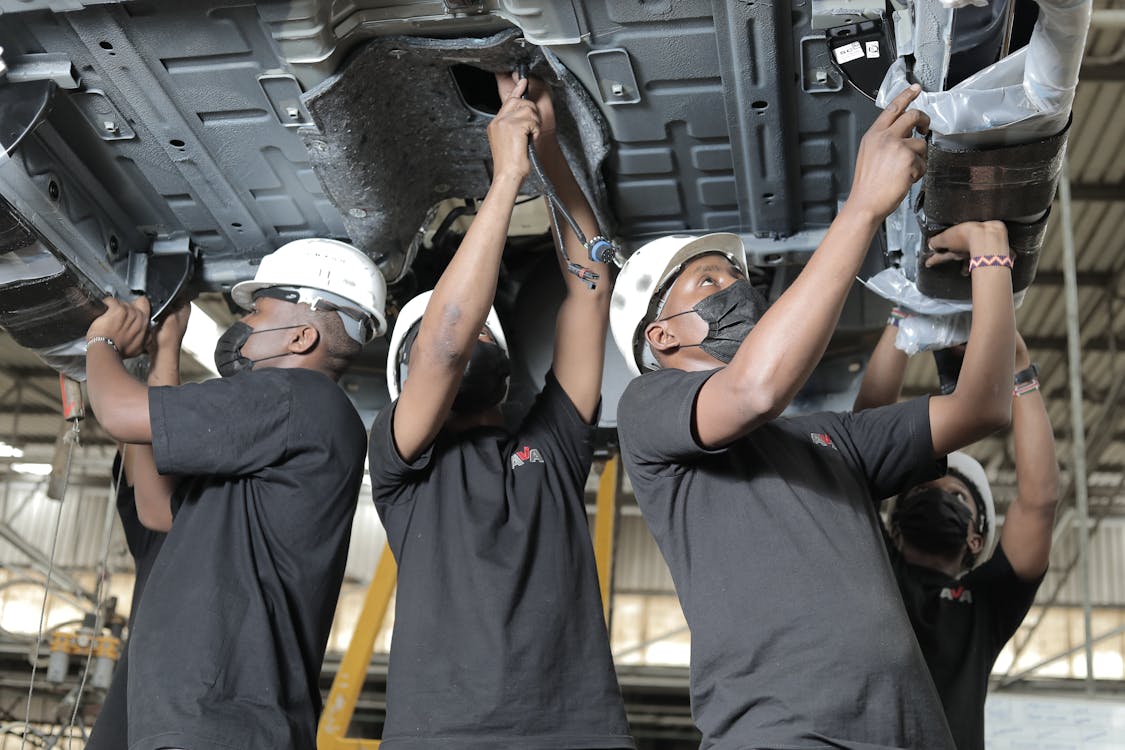Are you passionate about cars and considering turning that passion into a business by opening your own auto shop in California? While it’s an exciting venture, navigating through the paperwork and regulations might seem overwhelming. Don’t worry—this tutorial will guide you through the necessary steps to launch your auto shop successfully in the Golden State.
1. Choosing the Right Business Structure
The first step in setting up your auto shop is deciding on the type of business entity you want to establish. The structure you choose—be it a Sole Proprietorship, Partnership, LLC, or Corporation—will affect your liability and tax obligations. It’s wise to consult with a business advisor to pick the option that aligns best with your goals and needs.
2. Registering Your Business Name
Next, you’ll need to register your business name with the California Secretary of State. This step is crucial not only for legal operation but also for brand protection. Make sure to check the California Business Search portal to ensure the name you want isn’t already in use.
3. Securing Licenses and Permits
To operate legally, auto shops in California require several specific licenses and permits, including:
- Local Business License: Check with your local city or county government.
- Seller’s Permit: Necessary if you plan to sell auto parts or merchandise.
- Automotive Repair Dealer License: Required by the California Bureau of Automotive Repair for vehicle repairs.
- Environmental Permits: These may include waste generator and air quality management permits.
- Building and Signage Permits: Obtain these from your local planning department.

4. Ensuring Zoning and Location Compliance
Ensure that your chosen location complies with local zoning laws designated for automotive use. This is crucial to avoid fines or potential closure of your business. It’s best to consult your local planning agency for detailed guidance.
5. Getting Business Insurance
Protecting your business with the right insurance is critical. In California, this includes general liability, commercial property insurance, and workers’ compensation if you have employees.
6. Understanding Employer Responsibilities
If you plan to hire employees, you must register with the California Employment Development Department (EDD) for employer payroll tax.

Kickstarting Your Journey
With these legal and administrative steps covered, you’re well on your way to opening a top-notch auto shop, whether you’re tuning classic cars or working on modern vehicles.
Need More Help?
If you have questions or need further tips on running a successful auto shop in California, don’t hesitate to reach out to business advisors or experts in the field such as KYKY for personalized advice.
Starting your auto shop in California is an opportunity to fuel your passion for cars while creating a thriving business. Take the first step today and steer your way to success.










